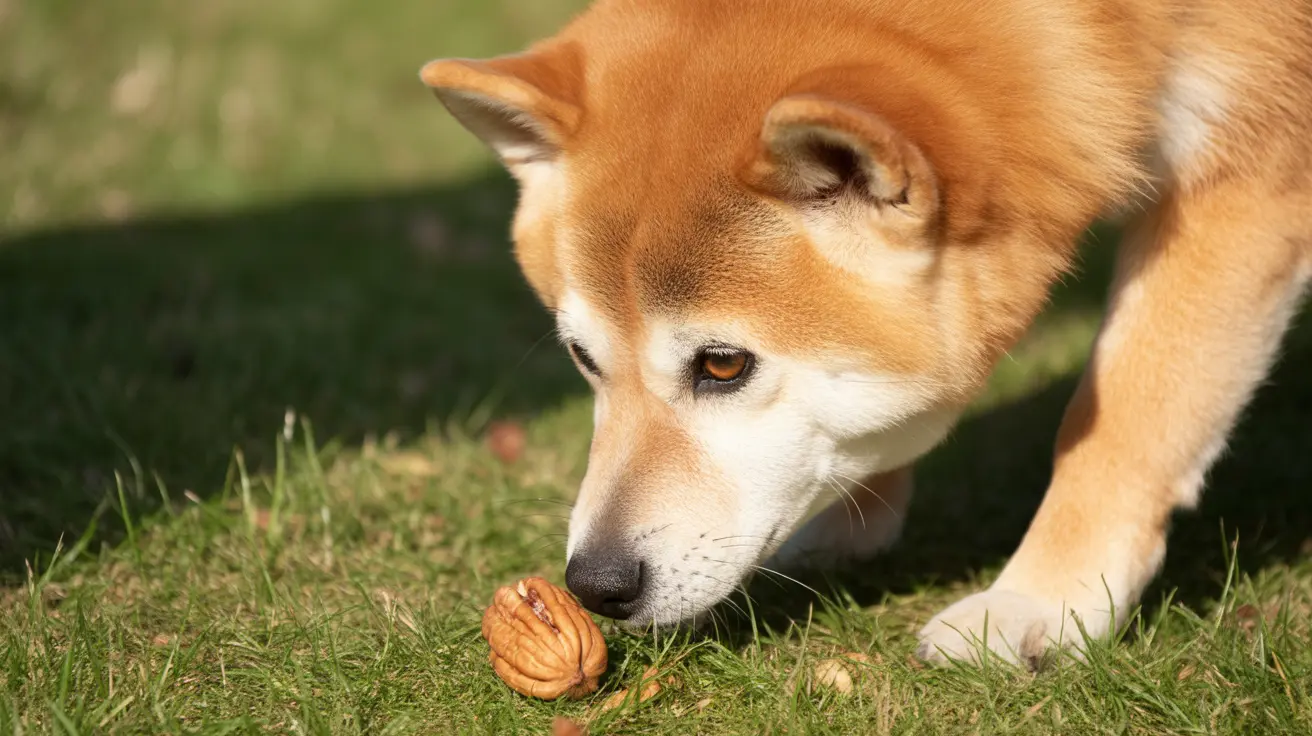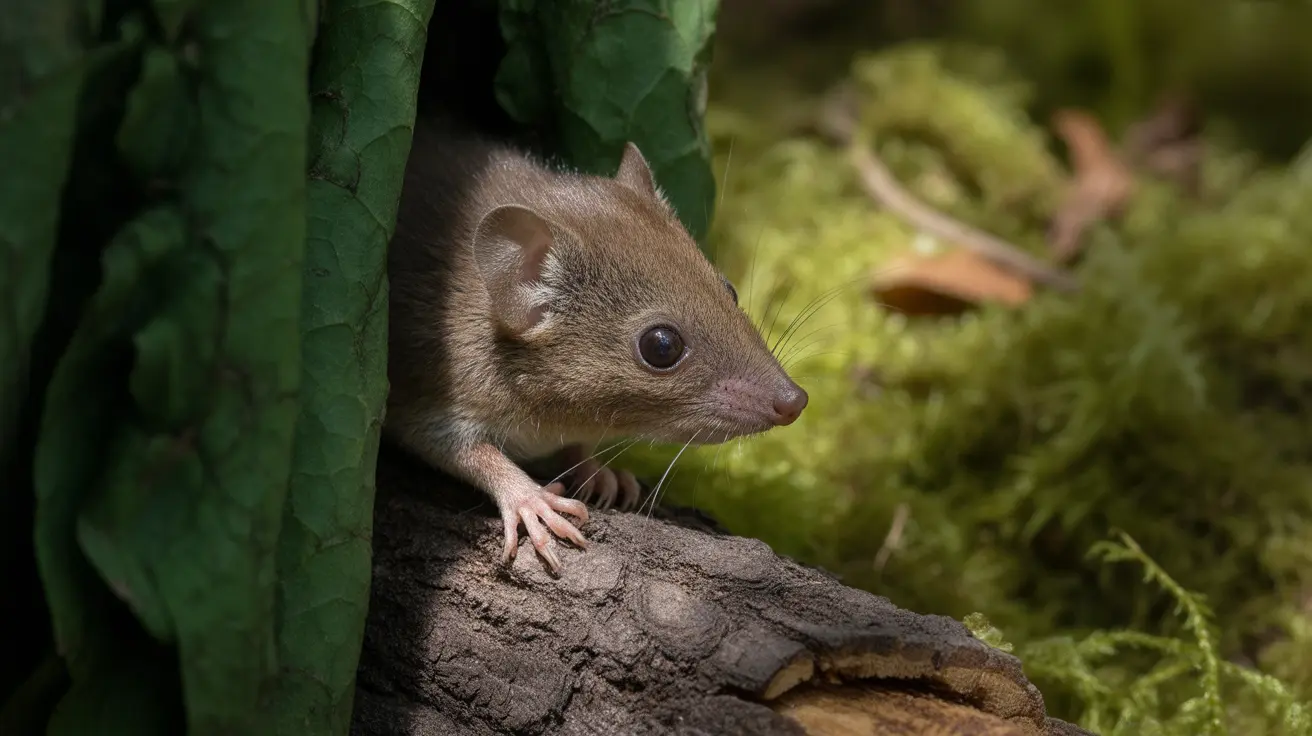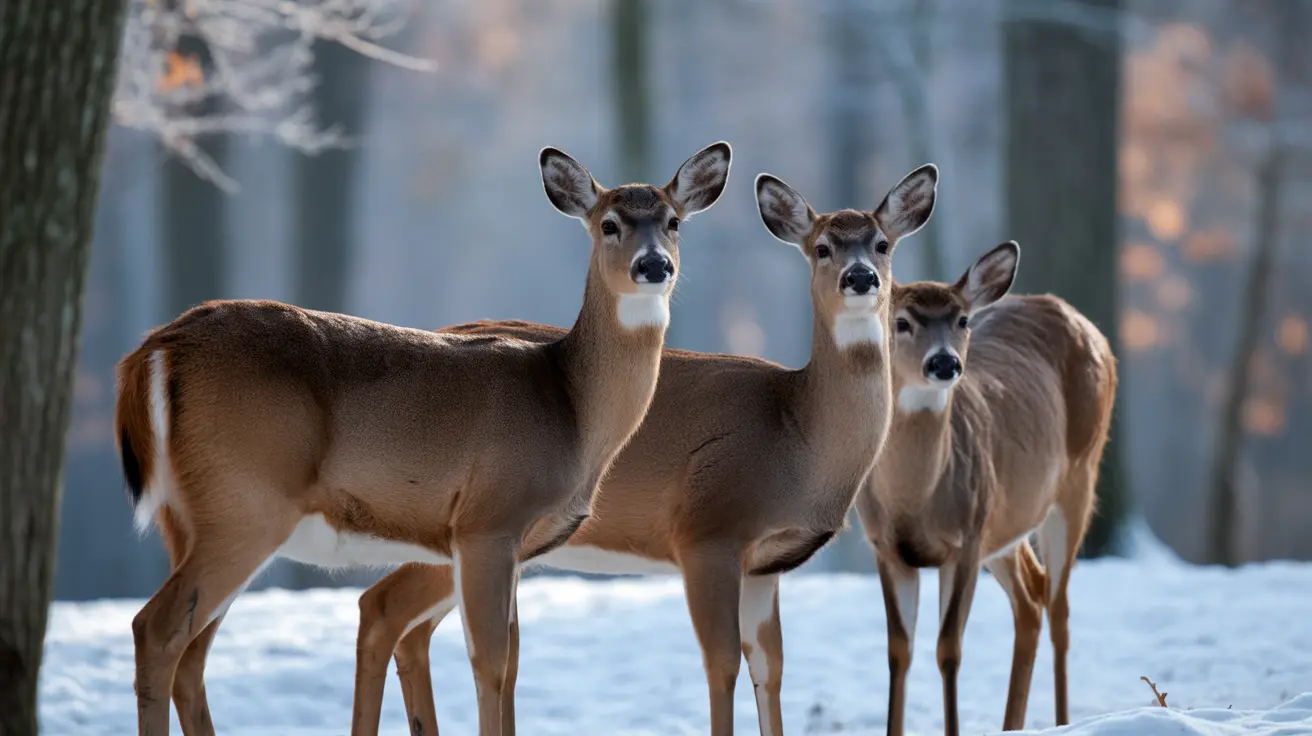As pet owners become increasingly conscious about their dogs' diets, questions about human foods like pecans frequently arise. Understanding whether pecans are bad for dogs is crucial for maintaining your pet's health and safety. This comprehensive guide will explore the dangers of pecans for dogs and what you need to know to protect your furry friend.
While pecans are nutritious for humans, they pose several significant health risks to dogs. From toxic compounds to potential mold contamination, these nuts can cause serious health complications in our canine companions. Let's delve into why pecans should be kept away from dogs and what to do if your pet accidentally consumes them.
The Dangers of Pecans for Dogs
Pecans contain several compounds that make them hazardous for dogs. The most concerning is juglone, a natural toxin that can cause severe neurological symptoms in dogs. Additionally, pecans are highly susceptible to mold growth, which produces dangerous mycotoxins that can lead to serious health complications.
Toxic Compounds in Pecans
The primary toxic compound in pecans, juglone, can cause various adverse reactions in dogs. When ingested, it may lead to:
- Tremors and seizures
- Neurological damage
- Gastrointestinal distress
- Weakness and lethargy
Mold and Mycotoxin Risks
Pecans can harbor dangerous molds that produce aflatoxins and tremorgenic mycotoxins. These substances can cause:
- Liver damage
- Severe tremors
- Seizures
- Potentially fatal complications
Health Complications from Pecan Consumption
Immediate Symptoms
When dogs consume pecans, they may exhibit various symptoms within hours:
- Vomiting and diarrhea
- Abdominal pain
- Loss of appetite
- Lethargy
- Excessive drooling
Long-term Health Risks
Extended exposure or consumption of large quantities can lead to:
- Chronic liver problems
- Pancreatitis
- Intestinal blockages
- Neurological disorders
Prevention and Safety Measures
Protecting your dog from pecan exposure requires vigilance and proper household management:
- Store pecans and nut products in secure, dog-proof containers
- Keep dogs away from pecan trees during harvest season
- Inform guests and family members not to feed dogs nuts or nut-containing foods
- Clean up fallen nuts in your yard regularly
Emergency Response to Pecan Ingestion
If your dog consumes pecans, taking quick action is essential:
- Note the quantity consumed and time of ingestion
- Monitor for immediate symptoms
- Contact your veterinarian immediately
- Save any remaining pecans for identification
- Follow professional medical guidance
Frequently Asked Questions
Are pecans bad for dogs to eat, and why?
Yes, pecans are definitely bad for dogs. They contain toxic compounds like juglone and are prone to mold contamination that can produce dangerous mycotoxins. Additionally, their high fat content can cause pancreatitis and other digestive issues.
What symptoms should I look for if my dog accidentally eats a pecan?
Watch for vomiting, diarrhea, lethargy, tremors, seizures, and signs of abdominal pain. Also monitor for yellowing of the eyes or gums (jaundice), which could indicate liver problems.
Can dogs safely eat pecans if they are not moldy?
No, even fresh, non-moldy pecans are unsafe for dogs. They naturally contain toxic compounds and their high fat content can cause digestive issues and pancreatitis.
How can I prevent my dog from eating pecans or other toxic nuts?
Store all nuts securely out of reach, clean up fallen nuts in your yard promptly, and educate family members about not feeding nuts to your dog. Keep dogs away from areas where nuts might be present.
What should I do if I suspect my dog has ingested a pecan?
Contact your veterinarian immediately. Note the amount ingested and any symptoms your dog is showing. Don't wait for symptoms to appear before seeking medical attention.
Conclusion
Pecans pose significant health risks to dogs and should never be included in their diet. The combination of toxic compounds, potential mold contamination, and high fat content makes them dangerous for canine consumption. If you suspect your dog has eaten pecans, don't hesitate to seek veterinary care. Remember, prevention is always better than treatment when it comes to protecting your pet from harmful foods.






